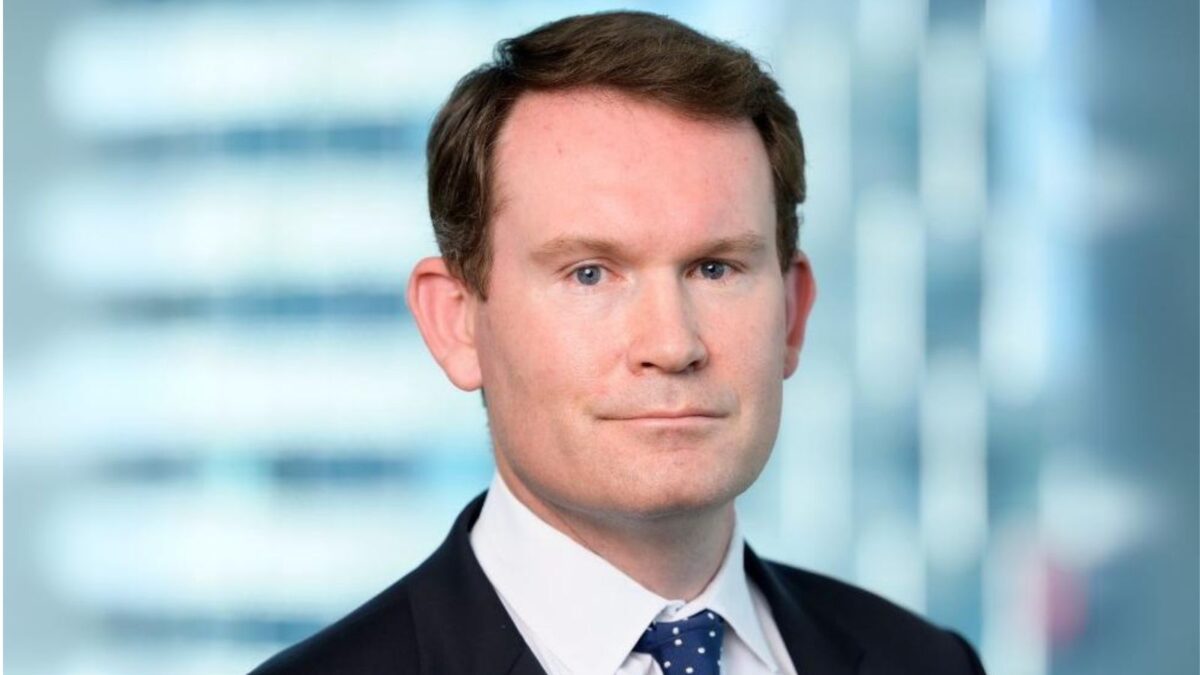Post-NAB Asset Servicing, BNP Paribas expects ‘much more intense competition’
NAB Asset Servicing’s (NAS) decision to head for the exit in 2022 brought about a flurry of activity as its clients scrambled to find new providers, and with hundreds of billions in assets searching for new homes there were plenty of opportunities for the local divisions of the big custody banks to leap up the Australian Custodial Services Association league tables.
But Daniel Cheever, who was appointed to the top job at BNP Paribas securities services in Australia in late 2022 and presided over its win of Insignia Financial, as well as a number of other new clients, says that there’s still more to go.
“We all refer to the superannuation mergers, but I think it’s bigger than just that,” Cheever tells ISN. “We’ve seen incredible global asset manager mergers, and we have a very strong focus on our New Zealand business and there’s been a lot of acquisition activity there too. There’s no doubt that people are fighting for scale and fighting for market share, and it’s played out in the custody business as well with two high-profile exits.
“We’re finding a point where there’s going to be much more intense competition, and with more intense competition there’s going to be grabs for market share. I think that will continue on, and it’ll clearly be a different landscape in terms of the industry superannuation funds. We used to have 150 players, and we’re going to have less than 25.”
Still, there’s been a slowdown in the RFP activity that’s gripped the market since NAS announced its exit, and Cheever expects a year or two of “settling”.
“The Australian superannuation fund structure is somewhat unique, particularly compared to the DB environment they have in other markets. And I’d say that global systems and capabilities have either not understood or not adapted to the Australian structure.“
Daniel Cheever
“But I think we’ll go back to people having to fight to win new business over the next 5-10 years, as opposed to being lucky enough that RFPs arrive as they did during the NAB campaign,” Cheever says. “It’s a long sales cycle and there’s a need to build long-term relationships; you have to establish really good connections with those funds to create opportunities to discuss what might be there.
“For us it’s about bringing the best of BNP Paribas across our broader franchise. Perhaps we can do something for those clients outside of custody and admin to start with and build credibility – and then look for opportunities where there might be weakness in a relationship or where another provider has become too big and can’t sustain that relationship anymore.”
Private markets and whole-of-portfolio view
Cheever sees one of BNP Paribas’ key advantages as lying in its private markets capabilities, which it began investing heavily in around seven years ago as big institutional investors began to hunt further afield for yield in a low rate environment.
“Private capital has been our fastest-growing client segment and asset class across the world. We’ve done a lot in Australia and New Zealand around asset owners and superannuation funds and we’re in a position to deploy more of our capabilities to support the general partner or fund manager community in the private capital space. We’ve got some great opportunities coming up in the next six to 12 months.”
Like other custody banks, BNP Paribas is keen to talk up its global footprint as one reason super funds should partner with it, reasoning that it can help them get settled overseas – and in front of potential partners – using its vast network of banking relationships. Unlike other custody banks, BNP’s global footprint doesn’t have the United States at its centre.
“There are geopolitical tensions and we’re one of the biggest counterparty risks for our clients,” Cheever says. “If there are concerns with the United States and its relations in the world, it helps to diversify that by having a European counterparty in addition to your American exposures.”
Superannuation funds have also become increasingly hungry for data, and – with the off-the-shelf software supermarket largely built up around North American defined benefit pension schemes – are turning to their custodians to get it.
“They’re very interested in whole-of-portfolio view and asset allocation exposures, and a lot of that is to help them make better investment decisions,” Cheever says. “That’s grown a lot with the internalisation of investments; I think that’s the genesis. The Australian superannuation fund structure is somewhat unique, particularly compared to the DB environment they have in other markets. And I’d say that global systems and capabilities have either not understood or not adapted to the Australian structure.”











